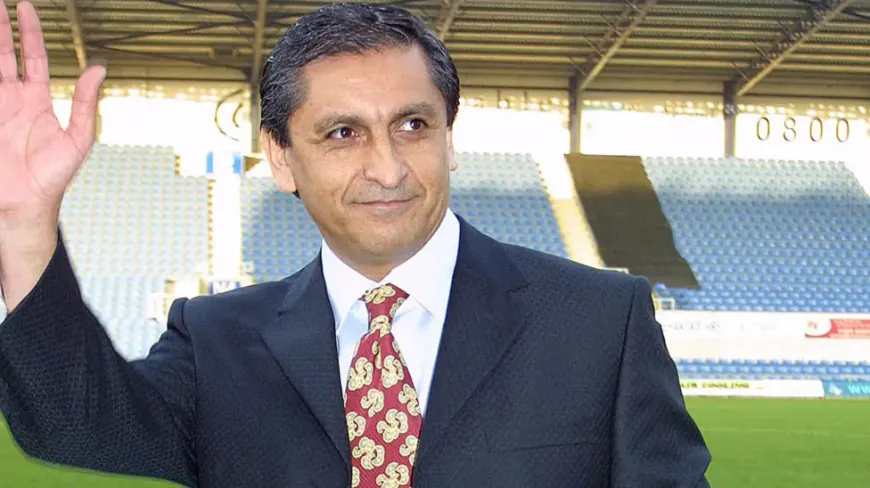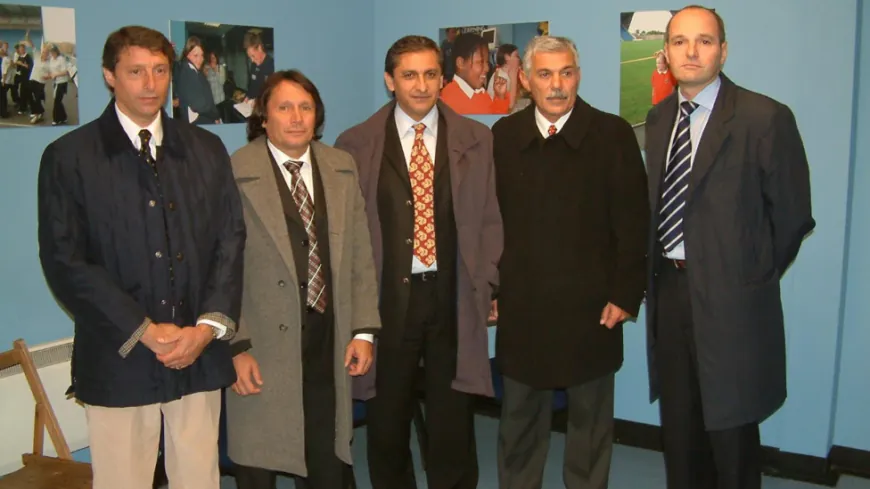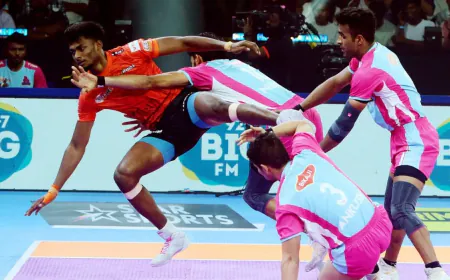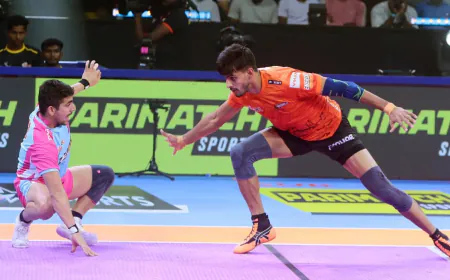When River Plate Icon Ramón Díaz Took Over Oxford United
In 2004, football witnessed an unexpected twist as Ramón Díaz, a legendary Copa Libertadores-winning manager, took charge of fourth-tier Oxford United. Just six months later, Díaz and his seven-man entourage were barred from even entering the club’s ground, marking a bizarre chapter in football history.

A Sudden Arrival: "Who Are These Guys?"
By December 2004, Oxford United had fallen from the second tier to League Two, languishing mid-table. Owner Firoz Kassam had recently dismissed manager Graham Rix, leaving fans expecting Chris Turner, who had been seen at a match, to take the reins.
Instead, the club announced Díaz, along with a team of South American staff, including head coach Horacio Rodríguez, fitness trainer Pablo Fernández, and translator Giuilliano Iacoppi. The surprise was palpable. “Five or six guys came in, stood in front of us, and none of them spoke a word of English except the translator,” recalled former striker Steve Basham.
Díaz’s appointment was the result of connections in Monaco, where Kassam, Díaz, and Jean Marc Goiran—a football consultant who became Díaz’s assistant—resided. Kassam promised Díaz shares in the club as part of an ambitious project to push Oxford to the Premier League within five years.
Innovative Training and Philosophy
Díaz and his team introduced cutting-edge training techniques that were unusual for League Two at the time. Players experienced a fresh approach, with Rodríguez leading hands-on sessions and Díaz overseeing strategy. Despite the language barrier, the coaching team communicated effectively through translators.
“They brought in ideas and philosophies that hit the English game years later,” said Basham. Goalkeeper Chris Tardif noted the emphasis on attacking play, fitness, and pressing. Díaz’s tactical experiments included leaving three quick players up during corners to capitalize on counter-attacking opportunities.
This modern approach, akin to Pep Guardiola's philosophy, was novel in the lower leagues but met mixed success. While some players embraced the changes, others struggled with the demands of the new system.
A Promising Start on the Pitch
The impact was immediate. Díaz’s attacking style rejuvenated Oxford United, resulting in four wins and two draws in January 2005. The turnaround even earned Díaz the League Two Manager of the Month award. Fans were optimistic, with the team momentarily eyeing a playoff spot.

South American Talent Joins
Díaz sought to reshape the squad, bringing in South American players like Lucas Cominelli, Juan Pablo Raponi, and Mateo Corbo. Cominelli made a positive impression, scoring a memorable long-range goal against Grimsby, while Corbo became a cult hero for his combative style, earning eight yellow cards and a red in just 13 games.
However, not all signings fit the League Two mold. Raponi, despite his pace, struggled with the physicality of English football, and Díaz’s son Emiliano, who also joined, was often cited as one of Oxford’s less effective players.
A Dramatic Decline
Despite the promising start, Oxford’s form faltered, losing four of their next five games. Off the pitch, tensions grew between Díaz and Kassam. The owner’s unwillingness to invest in the club’s infrastructure and Díaz’s limited English skills created friction.
Díaz and some of his staff missed matches due to work permit issues, further complicating matters. Ultimately, Díaz resigned before the season's penultimate game, citing irreconcilable differences with Kassam.
An Abrupt Ending
Díaz’s departure marked the end of Oxford’s South American experiment. Before the final game of the season, Kassam dismissed Díaz’s backroom team, replacing them with Brian Talbot. When Díaz and his staff attempted to attend the match to thank fans, Kassam barred their entry, sparking protests from supporters.
Goiran, who had worked tirelessly alongside Díaz, chose to leave in solidarity. “We had so many good plans, but the relationship between Ramón and Firoz broke down,” he said.
The South American players were also let go, including Cominelli, who had been offered a new contract but was released under the new regime.
Legacy and Aftermath
The experiment’s fallout was swift. Oxford finished 15th that season, and Kassam sold the club shortly after. The following year, Oxford was relegated to the Conference. Meanwhile, Díaz, now managing Corinthians, never worked in England or Europe again.
Looking back, players and staff remember the Díaz era as a surreal but impactful time. “It was a fantastic experience,” said Goiran. “Oxford is my club forever.”
For a brief moment, Díaz brought a touch of South American flair to League Two, leaving behind a unique chapter in football history.




















































